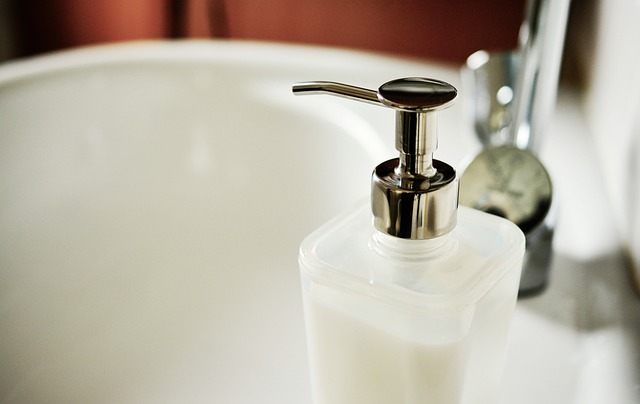In our fast-paced world, sleep often takes a backseat. Yet, it’s a fundamental aspect of our health, influencing everything from our mood to our ability to concentrate. Practicing good sleep hygiene is crucial for maintaining a healthy lifestyle and promoting optimum nutrition. Here are seven essential sleep hygiene rules to help you achieve a more restful night and a better overall well-being.
1. Establish a Consistent Sleep Schedule
Your body craves routine. Going to bed and waking up at the same time every day helps regulate your internal clock, making it easier to fall asleep and wake up refreshed. Try to maintain this schedule even on weekends to strengthen your body’s natural rhythms.
2. Create a Relaxing Bedtime Routine
Incorporate calming activities before sleep. Whether it’s reading a book, practicing yoga, or listening to soothing music, finding what helps you relax can signal your brain that it’s time to wind down. Avoid screens during this time, as the blue light can disrupt your body’s production of melatonin, a hormone crucial for sleep.
3. Optimize Your Sleep Environment
Your bedroom should be a sanctuary for sleep. Keep it dark, quiet, and cool. Invest in quality curtains to block outside light, use earplugs or white noise machines to drown out disruptive sounds, and adjust the temperature to your comfort level. A comfortable mattress and pillows are also vital for quality sleep.
4. Limit Naps to Boost Nighttime Sleep
Napping can be beneficial but can also interfere with your nighttime rest. If you choose to nap, limit it to 20-30 minutes in the early afternoon. This small window allows for a refreshing boost without encroaching on your nighttime hours.
5. Be Mindful of Your Diet Before Bed
What you eat plays a critical role in your sleep quality. Avoid heavy meals, caffeine, and alcohol close to bedtime, as they can disrupt sleep patterns. Instead, consider light snacks rich in tryptophan, such as a banana or a small bowl of cereal. These can help promote restful sleep without causing discomfort.
6. Engage in Regular Physical Activity
Regular exercise can aid in falling asleep faster and enjoying deeper sleep. Aim for at least 30 minutes of moderate aerobic activity on most days. However, be cautious not to exercise too close to bedtime, as it may have the opposite effect and keep you awake.
7. Practice Mindfulness and Stress Management
Stress can significantly impact your ability to fall and stay asleep. Incorporate practices like meditation, deep-breathing exercises, or journaling into your daily routine. Reducing stress not only improves sleep but also enhances overall health and nutrition choices.
By implementing these sleep hygiene rules into your routine, you can foster a healthier lifestyle and nourish your body. Your mind and body will thank you for the positive changes, reaping the benefits of improved sleep tonight and every night!




